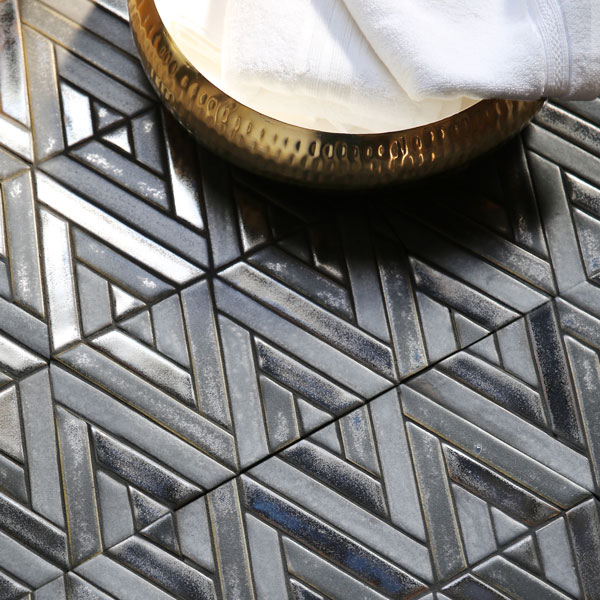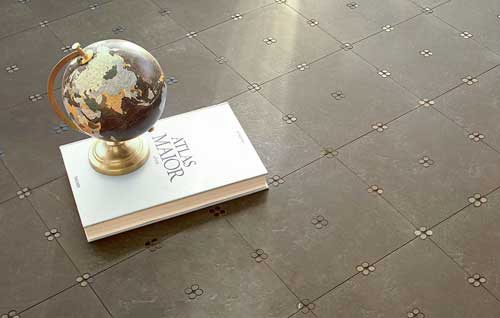According to the “Interior Design Services-Global Market Trajectory and Analytics” report from the Business Wire, the interior design market size in the U.S. is expected to reach $14.6 billion in 2020. More homeowners and commercial and industrial property managers are reaching out to interior designers to help them plan out their spaces.
A key component in interior design is the flooring type and tile finishing. Industrial porcelain tile is a step above its regular ceramic counterparts. Porcelain is fired at higher temperatures, giving rise to the two of its biggest strengths; the tiles are highly dense and impervious to water.
Read on to find out more on why you should consider using industrial porcelain tile for your flooring.
1. Extremely Durable
Industrial porcelain tile is tougher, more resistant to scratches and stains than your typical ceramic tile. It is made from finer, denser clay and fired at higher temperatures. The American National Standards recommends the use of Class 4 or 5 (PIE 4 or 5 rating) porcelain tile for industrial flooring.
2. Excellent for High Traffic Areas
The porcelain tiles are harder and denser than other ceramic products, making them a popular choice for high-traffic areas in commercial and industrial buildings. Laminates tend to have bald spots in areas with too much foot traffic, such as entryways. Glazed porcelain can retain its look, just like natural stone slabs would.
3. Wide Range of Colors, Shapes, And Textures
Aesthetically speaking, the industrial porcelain tile comes in different colors and textures, with design options being virtually endless. Unglazed industrial tile has a consistent color throughout the tile which is retained as the surface wears. Glazed porcelain has a protective coating that is produced in a variety of colors and decorative patterns.
4. Versatility
Another key advantage of industrial porcelain tile is its versatility for use in different sections of a building. You can utilize it as an industrial floor tile, countertops in your kitchen sections, or even for exterior facades. Your interior designer can help you find excellent ways to utilize your porcelain tiles.
5. More Hygienic
Porcelain tile is non-porous, unlike the natural stone slab. It means that it does not harbor bacterial colonies as porous materials do. The industrial porcelain tile is simple to wipe and keep clean over time. Besides, you do not have to worry about any staining, keeping your industrial flooring looking neat and tidy for years.
6. Easy to Maintain
Porcelain tiles are tough, requiring less attention than other floor-type varieties. Due to its low water absorption rate, the surface is easier to clean. You do not have to carry out any polishing, waxing, or sealing.
7. Non-Absorbent
One of the major concerns for commercial and industrial property owners with ceramic tiles in cold climates is cracking due to moisture issues. Industrial porcelain tile is typically frost-proof. Additionally, porcelain has a .5 moisture absorption rate, making it impervious to water. This makes it excellent for use in wet industrial environments.
Commercial interior designers and contractors are often out searching for the best flooring options for their spaces. The porcelain industrial tile offers much more than durability and water resistance. For more information on commercial tile and stone use, reach out to Ceramic Matrix.



